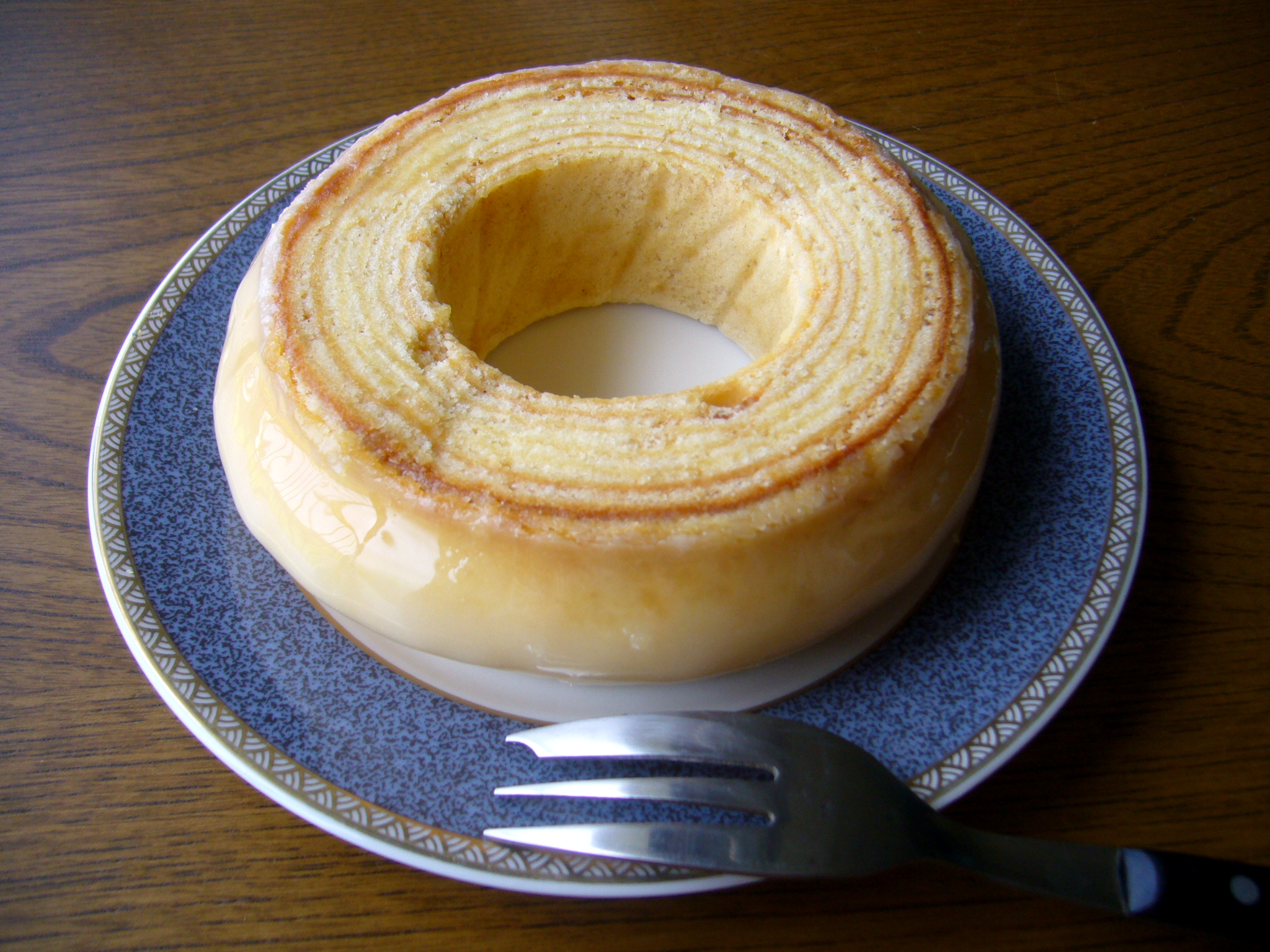Tiffany RanIf Seattle had a culinary hall of fame, Chef Mike Robertshaw of Local 360 would be the quiet contender. Many who walk past the windows of Local 360 on Bell Street–where Robertshaw (known amongst his chef friends as “Mikey”) works on the day’s pastries– are oblivious to the chef on the other side who has his fingerprints on many restaurants across town. Aside from having cooked at restaurants like Restaurant Zoe, Union, and Quinn’s, Robertshaw helped open Seattle favorites like Big Mario’s New York Style Pizza, Toulouse Petit, Where Ya At Matt, Bastille, and La Bete, before opening Local 360, where his varied culinary experience plays out under one roof. SW: How did you start cooking? Robertshaw: I was born and raised in the Northeast; worked over in Portland, Maine for a while and worked for a while in Boston for a bunch of pompous James Beard chefs that liked to throw pans. I didn’t go to culinary school. I came up hard knocks; started washing dishes at 14 years old where my brother was a line cook and fell in love with the hustle and bustle of the hot line, watching all the insanity, and that’s when I decided that’s what I want to do. Before that, I wanted to be a lawyer, to follow in my uncle’s footsteps. I went my own route, decided to cook, went to Seattle and got a job at Union working for Scott Staples. Then got a job at Zoe, Quinn’s, Bastille, and the rest is history. How did you handle trying to open many restaurants in a short span of time?When you run a place, it’s all encompassing. You don’t get much of a life outside of that. It seems like everybody kind of goes through their mercenary stage where you bounce around 20 hours here, 30 hours there. It’s kind of nice to be that guy that everyone calls on. It clears your head for a bit. You don’t ever say “no”?Never say no, never say no. I grew up in the Northeast. It’s important to love thy neighbor, scratch your neighbor’s back. It opens up a world of possibilities. People call on me and I know that I can call on them if I ever need it. Despite your experience with starting up other restaurants, did you encounter unexpected difficulties when starting up Local 360? Local 360 was kind of a new venture for me. I’ve run kitchens before, but this is a concept that I hadn’t really been involved in; with this whole commissary type thing going on–the mercantile, the butcher shop, the bakery, being open from 6am to midnight. It felt like my whole career led me to this point. I had butchered, I used to be a pastry chef. That put me in the position to know how to do all this stuff, but to do it all under one roof, it was a little insane. We didn’t really know what to expect from the opening, and we’ve been very fortunate to have it all pan out. I would say the scope of business has changed a little; no more mercantile, no more 6am coffee call. I think we finally found who we are as a restaurant. It has blossomed into this kind of neighborhood joint. Has sticking to the philosophy of sourcing ingredients from a 360 mile radius been difficult? There has been a lot of difficulties, personal ones at that. You get used to buying things for how great they are, not just their location. It’s been a matter of trying to find the best that is close. You might get used to finding beautiful Arbequina olives in Spain but who knew there was an Arbequina farm in Oregon? It’s nice being able to do the research to find out where all this stuff is and try to grab it. Certainly I would love to have much more foie gras available, and lots of other things. For the most part, the Northwest is such a beautiful place. There is so much great stuff to be had. You get a lot of things in whole form: whole pigs, whole lambs. You’ve got to be able to know how to use all of it. Our menu is riddled with pig head and everything else because you’ve got to be able to utilize the whole product for what it is. Right now, we’re doing pretty good. It’s been a mild winter so we’re still pulling Brussels sprouts from Full Circle, kale, collards and all the hearty green vege. I’d say we’re pretty close to about 75 to 80 percent right now. It’s more that the produce shifts with the seasons rather than things being unavailable. The rich meat and Southern inspired dishes at your restaurant has gotten most of the attention. Are these the type of dishes that you like to cook?For the most part, it is. I come from comfort food roots. We live in a society where people like to go out and feel full for what they get. You also read a lot of restaurants that are doing much lighter fare and people complain that they had to go get food after. Nobody says they’re hungry when they leave my restaurant. That’s what they want. That’s what I enjoy cooking. I like food that resonates with you, I like food that sticks with you. I like food that takes time to let the flavors build; it’s just delicious.
The space of the restaurant looks like something that could be on Capitol Hill, but how did the restaurant come to be in Belltown?The owner, Marcus [Charles], he’s a Belltown guy. He used to be a Capitol Hill guy, but now he owns a couple of businesses here. Marcus’ philosophy and dedication is to rebuilding Belltown. He grew up in Seattle in an era where Nirvana and Pearl Jam was rocking the Crocodile, back when 2nd Avenue was the place to hang out for the rock stars and everybody else in the city. Belltown has kind of fallen off in the last couple of years. It’s turned into this place where nobody really wants to be at after 1am. His dedication is to help better this neighborhood. We’ve been fortunate to be here because we’ve seen from the time we’ve come in to now, a lot of the unsavories, so to speak, kind of dwindle away and go elsewhere. We’re bringing some business to Belltown, which is nice. Your location places you at the heart of the nightlife in Belltown. What’s the craziest thing you’ve encountered here? I’ll say, that one night I thought somebody dropped something in my office. We didn’treally think of it. We were on the line and thought, “Huh. Wonder what that was.” Then we come out the back door to find the entire street was roped off because some dudefired 12 rounds up the street, shot up about five cars and shot the side of a building nextdoor. It was kind of amusing to walk out into the middle of a crime scene and go,”WHOA! What the hell happened out here?” There has been a lot of really crazy anticsthat happen around here. Things happen. It’s part of the excitement of living in thebig city. You have to take them as they come.Since you’re working until late hours, where do you go for late night eats after service?I go La Bete a lot. It’s like a second home to me.Typically if I go out I’d go to [Cafe] Presse or I’ll go to Ballard. I go up to Bitterroot BBQ a lot. Some friends of mine opened this place in Ballard. They have a fantastic American whiskey list, great barbeque. It’s the perfect thing for a chef at the end of the night.






